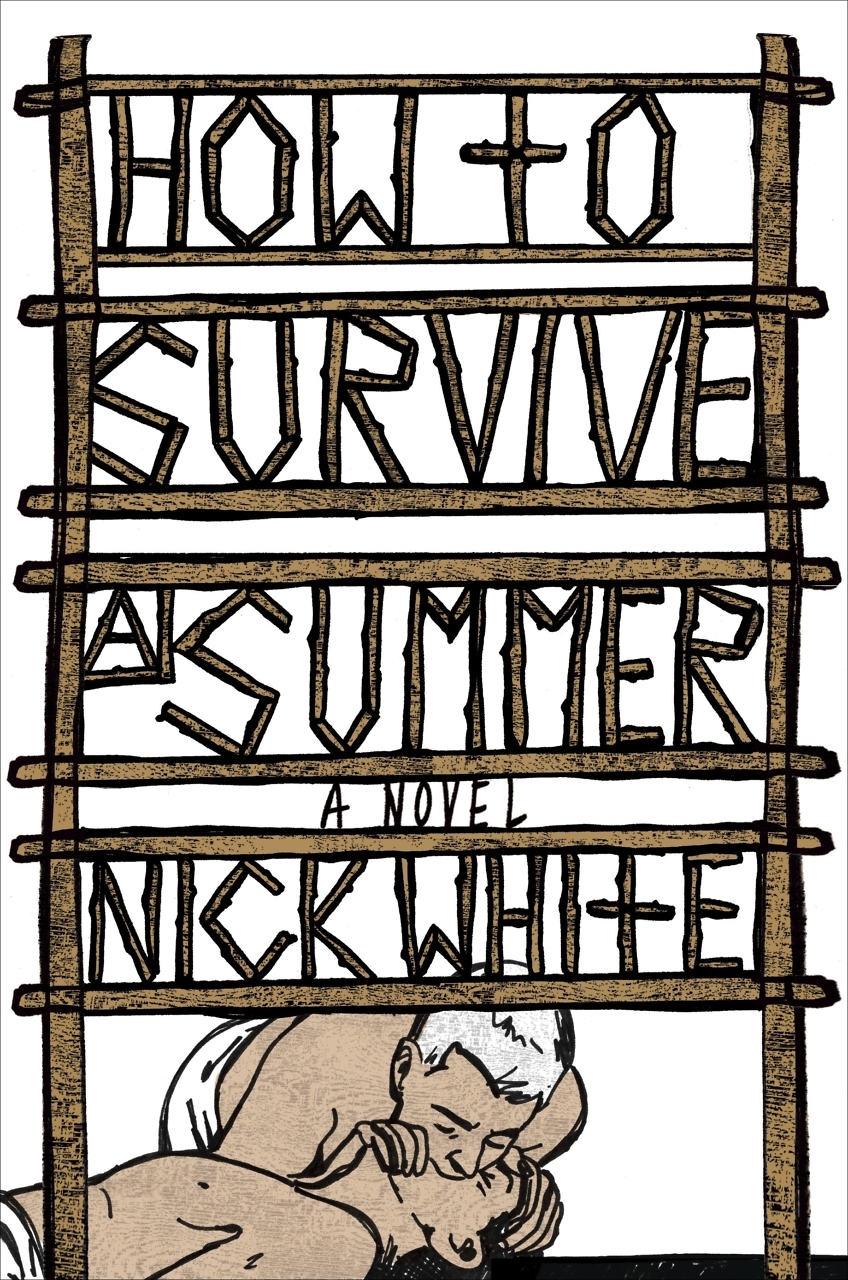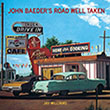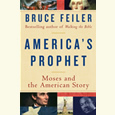When Their Hearts Became Their Landscape
Ron Rash’s Poems: New and Selected meditates on the interconnectedness between Appalachian people and their land
In Ron Rash’s Poems: New and Selected, the southern Appalachian Mountains seem to hide away every human memory and action, storing them for later days, when mysteries will rise to meet new generations of farmers, millworkers, preachers, mothers, and soldiers. The land doesn’t forget where “men argued map lines with blood, // raised death like a seed crop when / their hearts became their landscape.” In these poems, a particular kind of interconnectedness exists between the land and the people. The bond itself is neither noble nor malevolent—instead, it’s elemental, exerting its power in palpable, unexpected moments of transcendence.
 Known predominantly for his gripping novels and haunting short fiction, Rash has built a reputation as a prolific chronicler of life in western North Carolina. His fiction has ranged over two centuries of Appalachian struggle and beauty, equally at ease in the sweeping scope of Serena’s 1920s lumber-industry barons and in short stories that dramatize intimate scenes of anguish from the region’s current-day meth plague. Placed alongside this fiction, Rash’s poetry adds to this formidable body of work, shining focused light into pockets of mountain shadow.
Known predominantly for his gripping novels and haunting short fiction, Rash has built a reputation as a prolific chronicler of life in western North Carolina. His fiction has ranged over two centuries of Appalachian struggle and beauty, equally at ease in the sweeping scope of Serena’s 1920s lumber-industry barons and in short stories that dramatize intimate scenes of anguish from the region’s current-day meth plague. Placed alongside this fiction, Rash’s poetry adds to this formidable body of work, shining focused light into pockets of mountain shadow.
Selections from Raising the Dead open Poems: New and Selected with work that meditates on the lingering presence of the past in the struggles of present life. Men and women who’ve suffered loss encounter reminders of the dead, whether they’d rather remember or not. A farmer tending his property collects the “grave-gifts” blown into his hayfield from a neighboring cemetery. A grieving mother searches a blazing hot junkyard for the wrecked car that took her son. A remorseful soldier retreats from life into a dark cave. And the descendant of a hopeful young bride seeks out the grove of dogwoods she planted in a dark, inhospitable gorge, creating “an orchard of light” which “might look from distant summit / like a white flag unfurled, though / anything but surrender.”
 Poems from Among the Believers pushes the collection into a sharper kind of statement, placing characters in moments of negotiation with their toughest griefs, tested convictions, and confusing turns of fortune. In “The Preacher Is Called to Testify for the Accused,” the speaker must use the voice of his faith to find a means of understanding his son’s incomprehensible crime. In his testimony he acknowledges that we “know no more than water spiders know / the depths of the pools they skate across. Like them / we live upon the surface. Things occur / we have no inkling of.” Still, he keeps on turning over the events, reaching for a story that may grant his son some possibility of honor. In other poems, characters are searching the land itself. Whether they seek ginseng plants or hidden water sources, these men and women are hunting nourishment for body and spirit.
Poems from Among the Believers pushes the collection into a sharper kind of statement, placing characters in moments of negotiation with their toughest griefs, tested convictions, and confusing turns of fortune. In “The Preacher Is Called to Testify for the Accused,” the speaker must use the voice of his faith to find a means of understanding his son’s incomprehensible crime. In his testimony he acknowledges that we “know no more than water spiders know / the depths of the pools they skate across. Like them / we live upon the surface. Things occur / we have no inkling of.” Still, he keeps on turning over the events, reaching for a story that may grant his son some possibility of honor. In other poems, characters are searching the land itself. Whether they seek ginseng plants or hidden water sources, these men and women are hunting nourishment for body and spirit.
The section from Eureka Mill chronicles the variety of workers at the Eureka Cotton Mill. The poems give compassionate voice to older millworkers pining for the failing farms they’ve left, to young women caught between the mill’s drudgeries and their grander dreams, and even to the overcompensating bluster of the mill boss himself. These people form a crowded, noisy community that harbors secret longings even as it pulls its members back in line.
The collection culminates with the poems of Waking, which illuminate the objects and incidents that bring characters into a new kind of vision. Everyday items, like pocketknives or precious mirrors ordered from far-away cities, become portals through which rural men and women are remade as clearer, brighter versions of themselves. “Woman Among Lightning: Catawba County Fair, 1962” expresses this process beautifully. The poem sends a spirited farmwife up into a Ferris wheel at night. She braves a storm that’s already lashing the fairgrounds,
…leaving the ground where her days
are measured in rows, the hoe
swinging like a metronome
as life leaks away like blood
on land always wanting more,
wanting more, free of it now
as the hawk she saw at dawn,
wings embracing an updraft,
how it hovered that moment
above the fields and fence wire,
as she does now at the pause
between ascent and return,
far from earth as a fistful
of hard-earned quarters can take her.
Rash specializes in such moments, when people who are well-schooled in the rhythms and dangers of their land reach out toward a greater vision, or understanding, of themselves and the world. Always Rash respects the particular methods and vessels of their transcendence, an attitude which lends these poems a uniquely tender authenticity. The new poems round out the collection with a series of small, compressed gems.
Poems will offer anyone with an interest in Rash’s work a new set of roads into his vision of the bond between Appalachian lives and the landscape itself. There, generations follow one after another, each driven by the troubles of its moment in history and by the persistent demands of the land. Together the people and the land move in cycles of reciprocal need and service.

Emily Choate holds an M.F.A. from Sarah Lawrence College. Her fiction is forthcoming from The Florida Review, Tupelo Quarterly, and The Double Dealer, and her nonfiction has appeared in Late Night Library, Yemassee, and elsewhere. She lives in Nashville, where she’s working on a novel.


